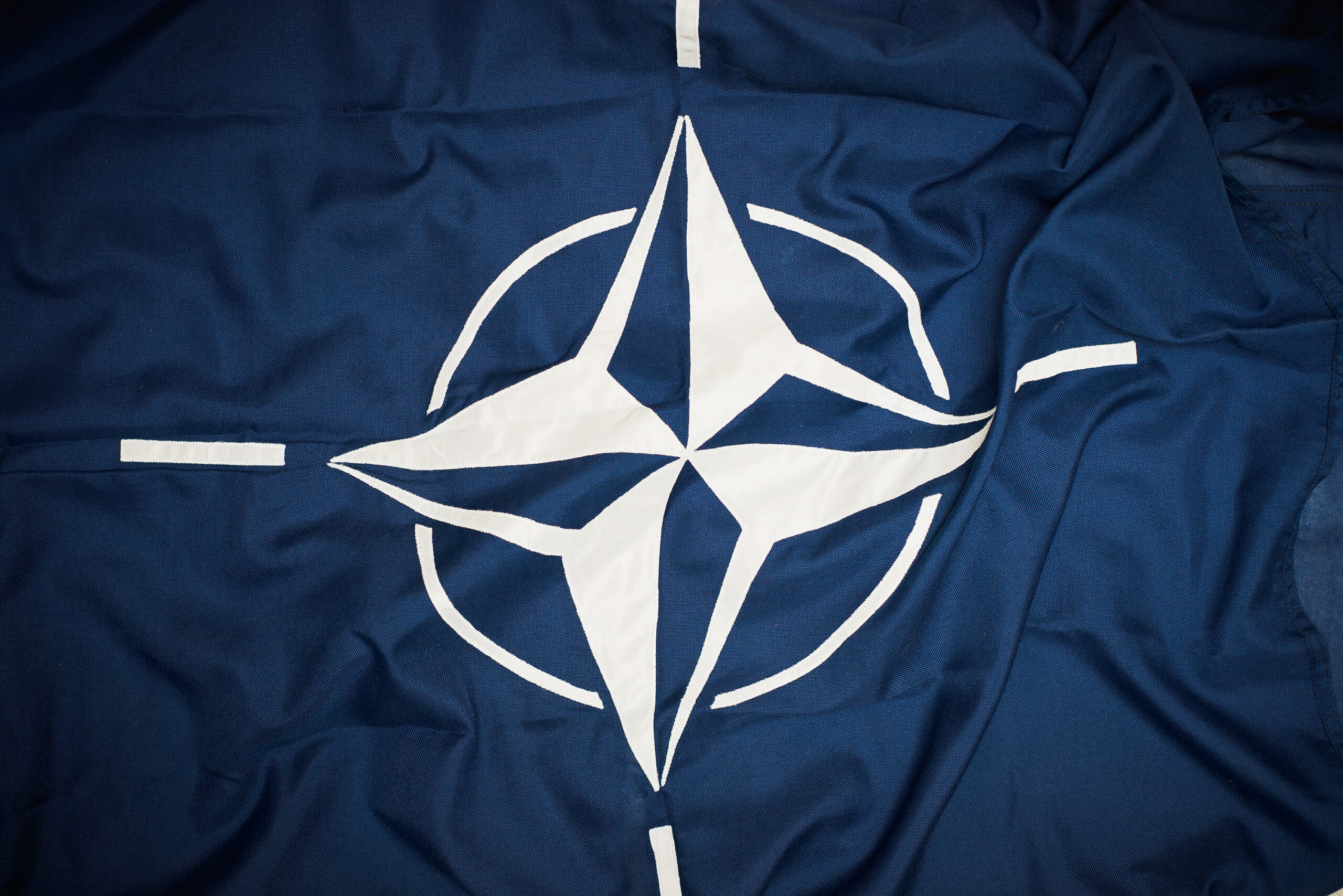
As the UK prepares to leave the EU it is vital that the Government and Industry review and scrutinise our international engagements more deeply than ever before. Bi-laterals, membership of international organisations, Memorandums of Understanding, and a whole host of other engagement mechanisms are important for maintaining the UK’s position as a global leader. Likewise, these instruments provide routes for collaborative R&D and business development for their respective industries – an ever more valuable asset given the global trend towards shared international projects.
Given these facts, the UK’s role in NATO demands closer inspection. Much political debate and bluster has focussed on the 2% target that all NATO nations must meet – that of 2% of GDP being spent on defence. Putting aside this argument, (as well as the fairness of the USA’s contribution compared to the rest of the membership), industrial engagement with NATO can be seen as a national strategic imperative. Given the UK’s national security objectives, as established in the SDSR 2015, supporting national prosperity is now one of three priorities for the MoD. NATO already provides a cornerstone of the UK’s national security, with an important part of that being capability coordination and the integration of common standards.
NATO requirements remain a mixed bag; the priorities of member nations all enter the discussion, with many technical standards being brought to the most technically competent and financially acceptable level of the lowest level member. Interoperability is key; and exquisite capabilities are often jettisoned in favour of meeting the popular opinion. Arguably not a bad situation to be in, but not one that has historically appealed to UK requirements.
However, these groups do provide great utility to the eagle-eyed industry attendee. Through these debates and discussions the real requirements and intentions of each individual nation can be better understood. Pressing for certain technical requirements or standards demonstrates to the group where a particular nation is keen to invest; thus giving industry a better idea about how other national requirements may be fulfilled. In this regard NATO can act as a very effective window to the nations.
As with any international organisation levels of bureaucracy and complex engagement routes impact the effectiveness of NATO; however ADS has been working with industry members and MoD colleagues to assess how the industrial engagement mechanisms within NATO and associated bodies could provide greater benefit to the UK. The NATO Industrial Advisory Group (NIAG) presents the most obvious route for engagement, facilitating debate and discussion on NATO requirements and allowing industry from all member nations to participate.
In 2019 ADS will be sharing more information about how UK industry can engage more deeply with NIAG and NATO, including participation in the science and technology elements of NATO requirements. For more information on this please contact Andy.Johnston@adsgroup.org.uk
In summation, NATO engagement not only represents the fulfilment of national defence and security, it can also contribute to national prosperity and the UK’s export agenda. The opportunities for UK industry of all sizes are there – and a coordinated effort is needed in order to best access them.





